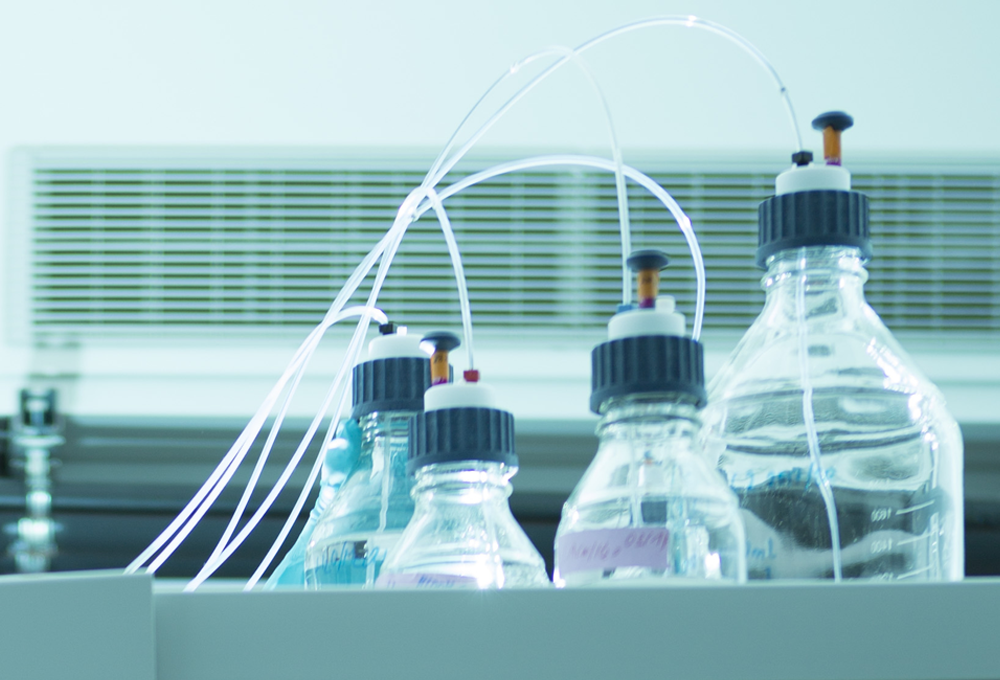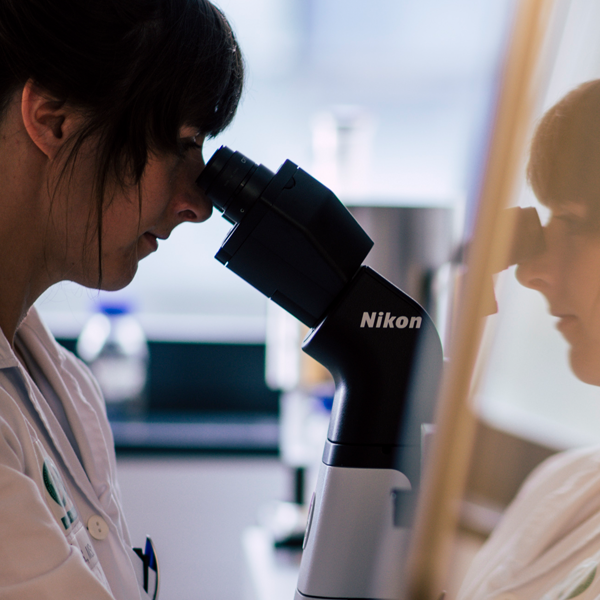-
The University
- Welcome
- Who we are
- Media & PR
- Studying
-
Research
- Profile
- Infrastructure
- Cooperations
- Services
-
Career
- Med Uni Graz as an Employer
- Educational Opportunities
- Work Environment
- Job openings
-
Diagnostics
- Patients
- Referring physicians
-
Health Topics
- Health Infrastructure
Research
Our research teams work at the interface between basic research and clinical practice. The daily interaction between researchers and clinicians enables us to explore clinically relevant questions using cutting-edge approaches to uncover the molecular basis of immune dysregulation, autoimmunity and inflammation. Our aim is to understand disease mechanisms in order to find starting points for new therapies. We want to identify new biomarkers in order to be able to use and control therapies optimally. This will enable us to optimize the diagnosis and treatment of rheumatological and musculoskeletal diseases in order to improve the quality of life of our patients.






